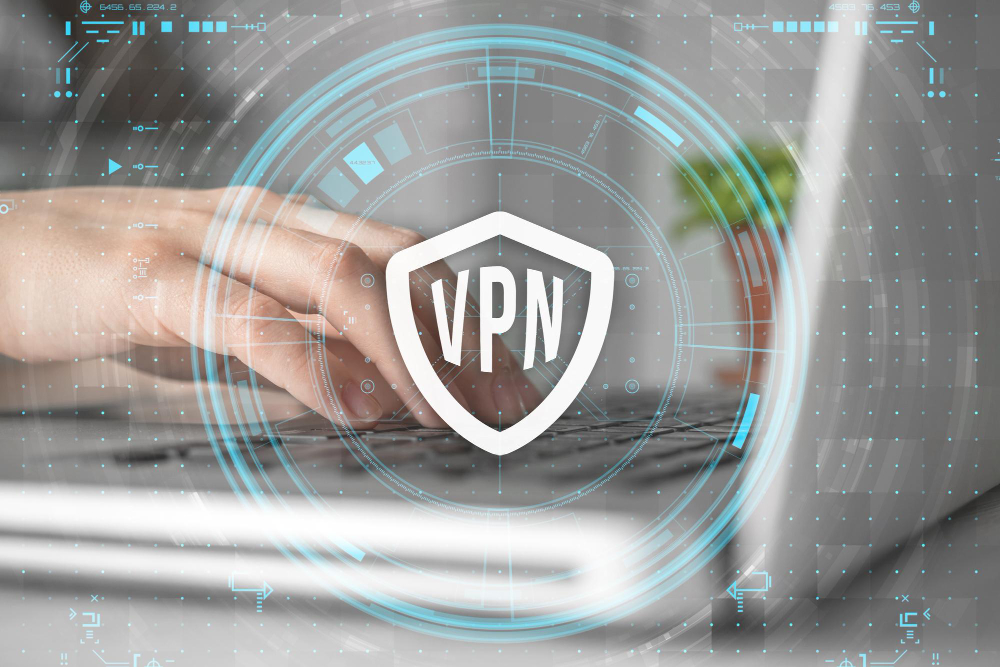What Is a VPN?
Virtual private networks (VPNs) are inexpensive software that allows online anonymity. When you use a virtual private network (VPN), your online activity is protected from hackers, ISPs, and other Internet service providers (ISPs).
How do Virtual Private Networks (VPNs) Work?
VPNs create a secure encrypted tunnel between a user’s computer and a remote network. When the user connects to a private server, the tunnel encrypts the user’s online activity and replaces their IP address with the private server’s IP address.
![]()
The current industry standard for VPN encryption is AES-256 bit. VPNs use Internet protocols to send data packets from the device to the private server and ensure that they arrive in the correct order. When a VPN fails, most have kill switches that shut down all web-connected windows or programs, protecting the user’s privacy and security while they browse the web.
What are the Benefits of Using a Virtual Private Network?
Therefore, why would anyone utilize a virtual private network (VPN) in the first place?
1. Web Privacy
People don’t want to be followed online for a variety of reasons, including protecting their privacy and preventing firms from using their data to serve them more relevant advertisements. Your Internet Service Provider (ISP) can track everything you do online without a virtual private network (VPN), including the websites you visit, the search keywords you type, and the IP address of your device.
According to the results of a recent poll that we conducted on VPN usage, over half of VPN users do so for the purpose of general security, while another forty percent do so for the purpose of general privacy.
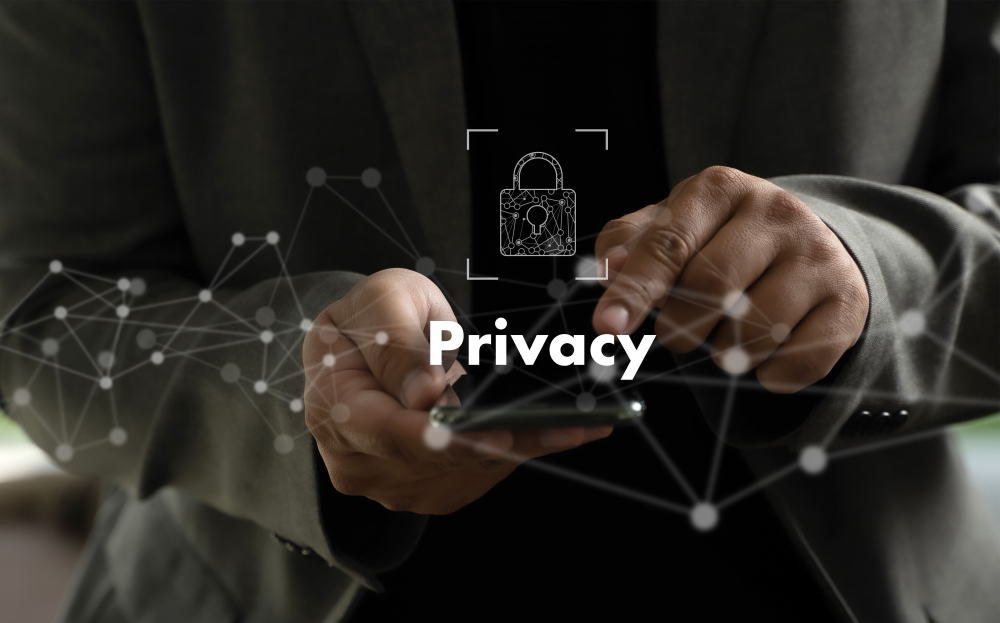
2. Get Access to the Content
Did you know that the content libraries of Netflix vary depending on where you are in the world? Some of the shows that are accessible on Netflix in the United States are not available on Netflix in the United Kingdom and vice versa.
The same principle applies to other websites that broadcast content, such as Prime Video. In point of fact, several online streaming services, such as Disney Plus and Hulu, are restricted to a select number of countries exclusively.
By altering your IP address, which effectively relocates your virtual location to the location of your new IP address, you can use a virtual private network (VPN) to gain access to content that is normally only accessible in other countries. Figure out how to modify the Netflix region you’re using.
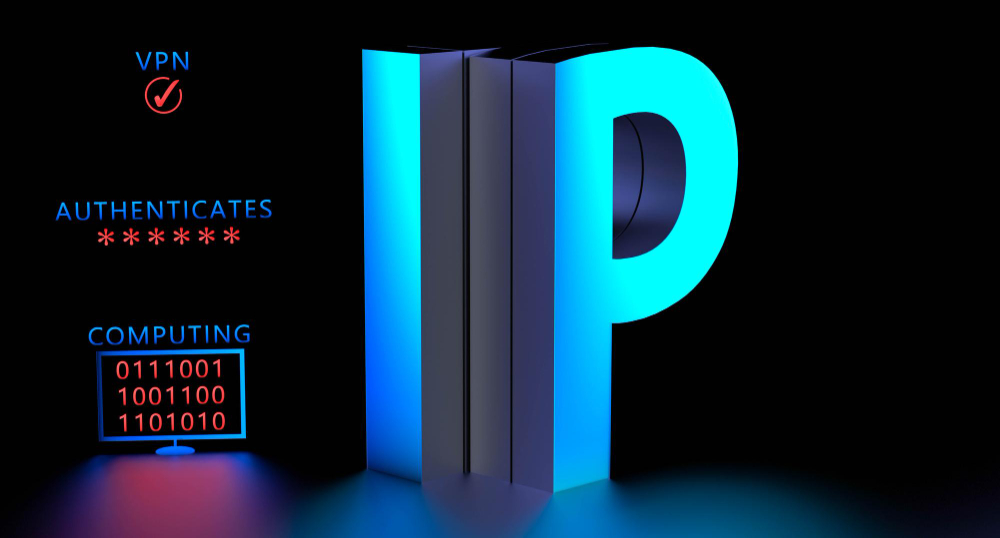
3. Torrenting
A virtual private network (VPN) is a smart safety measure to take if you want to pirate more entertainment options; nonetheless, we do not encourage engaging in any criminal activity.
4. Get Around the Limitations Imposed by the Government
According to our survey results, nine percent of VPN users do so to circumvent internet censorship imposed by the government. A Virtual Private Network (VPN) would be useful in order to access websites such as Google, Netflix, and YouTube that are blocked in certain countries, such as China, which uses a “Great Firewall” that prevents its citizens from accessing websites from outside the nation.
You could, for instance, connect to an IP address in the United Kingdom to gain access to BBC material, or you could connect to an IP address in the United States to gain access to Netflix in the United States.
When Should I Use A VPN?
What if you want to keep your Internet service provider (ISP) from seeing all of your personal information? If so, you should always use a virtual private network (VPN) whenever you connect to the Internet.
However, most people don’t need a virtual private network (VPN) installed on their home network. Rather, the majority of users utilize VPNs in the networks listed below:
1. Connecting to public Wi-Fi
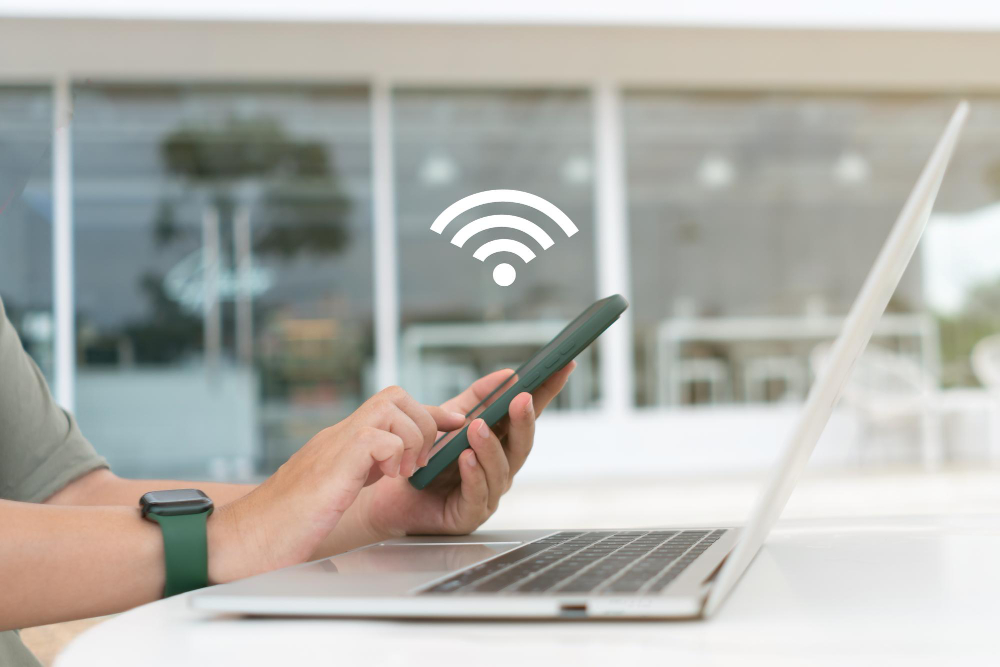
Joining a public Wi-Fi network, such as Starbucks’, exposes you to hacking because your private IP address will be on the network’s router and, consequently, the public space’s Internet service provider (ISP).2 It’s possible to encrypt your web traffic, mask your IP address, and yet access the public Wi-Fi you crave by signing up for a VPN.
2. Hotel Networks That Use Wired Connectivity
So you’re utilizing a wired desktop PC in a hotel’s business area. Is a VPN required? If you wish to keep your online activities and IP address hidden from the hotel’s server, and especially if you’re dealing with confidential customer or company information, then absolutely, in our opinion.
3. Networked Offices
If you’re in your workplace, you generally don’t need a VPN, but if you’re working remotely, like 40 percent of Americans were during the COVID-19 outbreak, a VPN can be useful for protecting your data.
How? Split tunneling VPNs let you connect to two networks at once in order to save bandwidth and boost throughput. So you can work all day and eat baguettes at your favorite cafe at the same time. Enjoy your meal!
4. The LTE Network
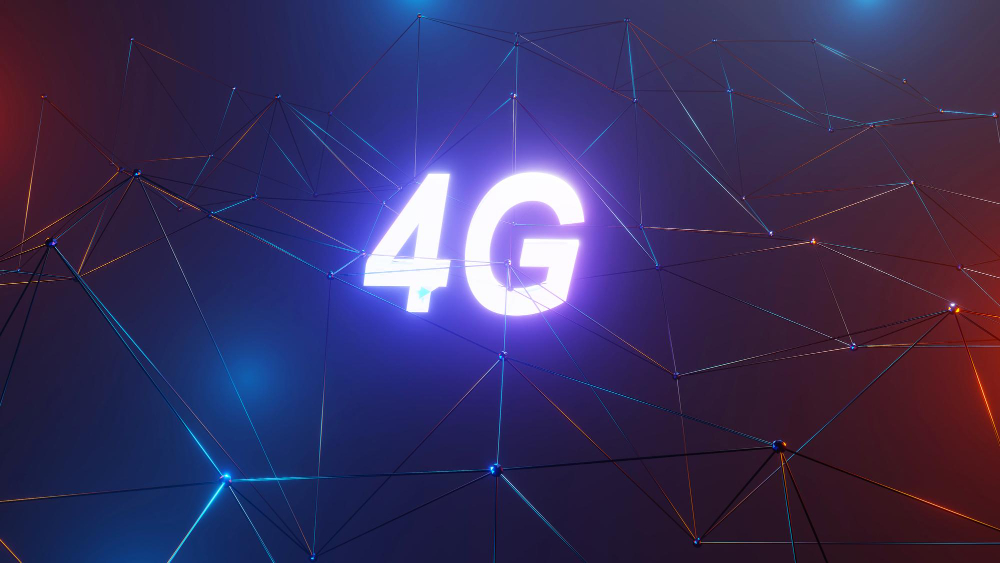
Our default data method when Wi-Fi networks are not available is 4G LTE. What’s the gist of the matter? LTE networks still necessitate the use of VPNs. According to a recent study, 36 security holes in 4G LTE networks might allow hackers to gain access to your devices.
Also, read Best VPN Service for Gaming & Privacy Protection.
